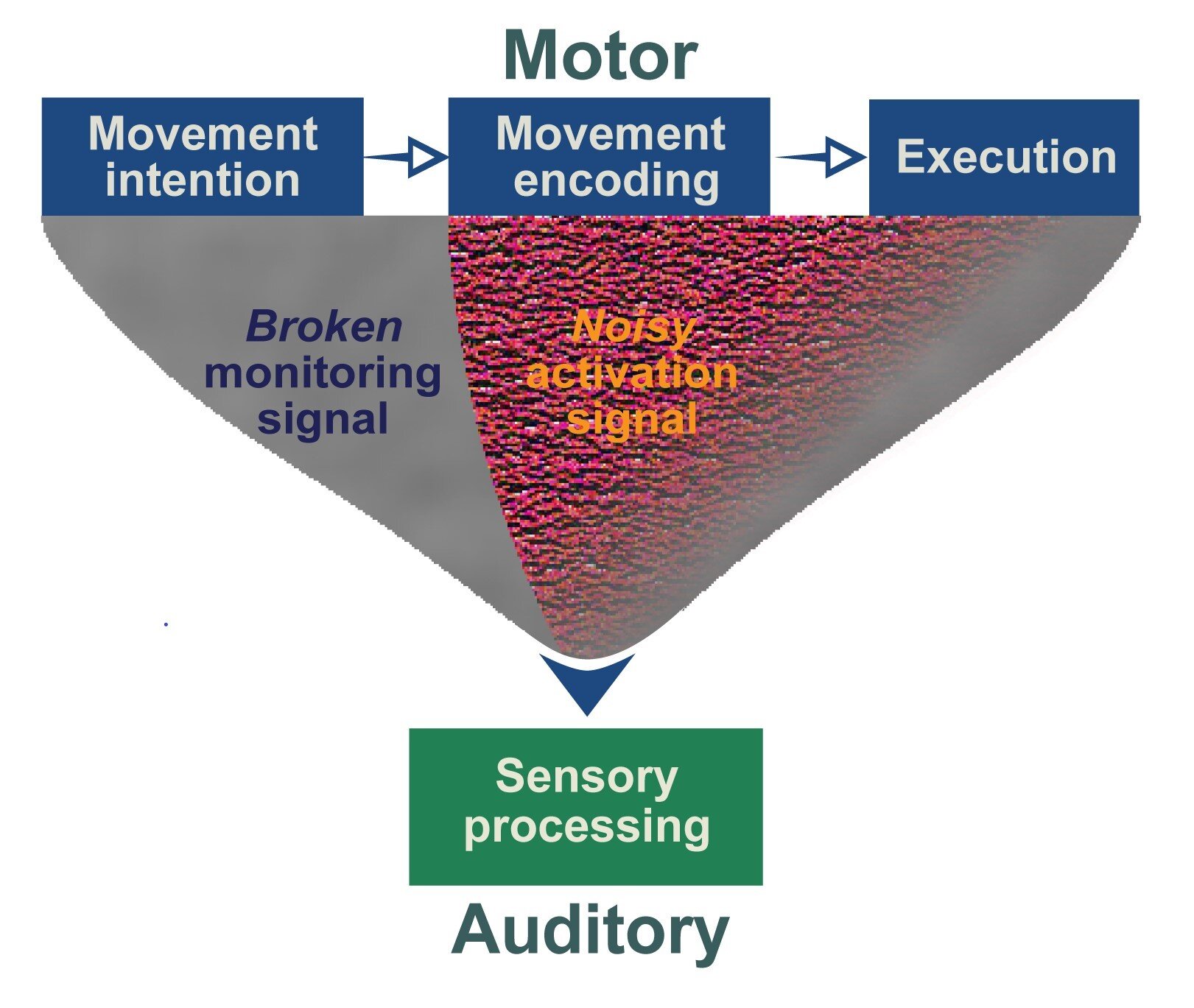Madeleine and Paul are sitting on a park bench. As she tells Paul about her financial worries and how she’s been struggling for months to make ends meet, Madeleine’s eyes well with tears. Paul is moved by her distress; her woes resonate with him and heighten his own fears. His heart grows heavy and his own eyes become moist, too.
What’s going on? A kind of behavioural mirroring, what psychologists call “emotional contagion.”
“Just as some people are more likely to catch a respiratory virus through close contact, others are more susceptible to ‘catching’ the emotions of the people around them,” explained Marie-Josée Richer, a psychoeducator at the Institut universitaire de gériatrie de Montréal, affiliated with Université de Montréal, who did doctoral research on the subject in the elderly.
“A person vulnerable to emotional contagion is especially sensitive to the emotions of others,” added Pierrich Plusquellec, a professor in UdeM’s School of Psychoeducation and co-director of the Centre for Studies on Human Stress. “It’s an adaptive response that occurs unconsciously through mimicry of facial expressions, gestures and postures, leading to the emotions convergencing.”
For example, he said, “a person with this sensitivity may feel physically tense when seeing angry people on TV, tear up when seeing someone cry, or feel more cheerful when in contact with a happy person. To measure vulnerability to emotional contagion, we look at a range of emotions: joy, love, anger, fear. Emotional contagion plays an essential role in a society, as it is the basis of empathy.”
But this vulnerability can be a double-edged sword. In a new study co-supervised by Plusquellec and UdeM psychology professor Sébastien Grenier and published in PLOS Mental Health, Richer found that vulnerability to emotional contagion is greater among seniors suffering from psychological distress.
“This research was part of my work on psychological resilience in older adults,” she said. “The main objective was to better understand the factors that influence resilience among seniors in order to help prevent psychological distress, which can have serious effects on the overall health of seniors, including increased risk of cardiovascular disease, cognitive decline and premature death.”
The study found that vulnerability to emotional contagion varies from person to person, just as personality traits do, and is something that’s often overlooked in studies of mental health, especially among the elderly.
170 adults studied
The UdeM researchers studied a group of 170 adults aged 55 or over living in retirement homes or using the services of community organizations, and who were dealing with some type of adversity. Adversity was defined as challenges, obstacles or difficult conditions that an individual may face, such as bereavement or conflict with a loved one (explicit adversity) or vulnerability to emotional contagion (implicit adversity).
The study was part of a larger project evaluating the effects of a program to manage stress and stress contagion. To be included, participants had to live in a metropolitan area and be interested in group stress-management techniques. The researchers sought a broad sample, including individuals with varying levels of psychological distress and physical limitations, so as to be representative of the general population.
Data were collected between September 2018 and September 2019. Most of the participants — 85 per cent — were women. They ranged in age from 56 to 96, with an average of 76.1. Most were born in Canada and lived alone.
Participants were divided into three groups based on level of psychological distress:
- Nearly 45 per cent fit the anxiety profile, with clinical or subclinical symptoms of anxiety only.
- Around 20 per cent were classified in the anxious depression profile, with clinical or subclinical symptoms of both anxiety and depression.
- The last group, the no-distress profile, consisted of individuals with no significant symptoms of anxiety or depression.
“We classify symptoms of varying intensity that are strong enough to interfere with a person’s daily life as ‘subclinical’ or ‘clinical’,” Grenier explained. “Symptoms are clinical if they meet the criteria for a formal diagnosis of anxiety or depression. For example, a person with clinical anxiety might experience frequent panic attacks, difficulty leaving the house and social isolation. A person with subclinical anxiety would not have a formal diagnosis but may experience physical symptoms and worries that affect their daily functioning.”
Up to 10 times more symptomatic
The researchers analyzed levels of psychological distress in relation to factors such as sex, age, income, living situation, independence, satisfaction with one’s social network and one’s way of coping with adversity, and in relation to an emotional contagion scale that measured subjects’ vulnerability in this regard.
The results show that the seniors who were most vulnerable to emotional contagion were 8.5 to 10 times more likely to present symptoms of anxiety or anxious depression than those who were less vulnerable. This finding was independent of other factors, such as an individual’s social support or coping strategies.
The study marks the first time that vulnerability to emotional contagion has been examined as a determinant of psychological distress in seniors, the researchers say.
Though they did not establish a cause-and-effect relationship between vulnerability to emotional contagion and psychological distress, their study does highlight the importance of considering both explicit and implicit adversity to identify seniors at risk for psychological distress. In communal living environments, such as seniors’ residences, and in caregiving situations, the risks of emotional contagion need to be addressed proactively, the researchers argue.
They recommend developing tools to help the individuals most vulnerable to emotional contagion better manage this sensitivity. This could strengthen their psychological resilience and help improve their quality of life. They also suggest future research on moderators of vulnerability to emotional contagion in order to improve our understanding of its impact on mental health and help reduce psychological distress in older people.

